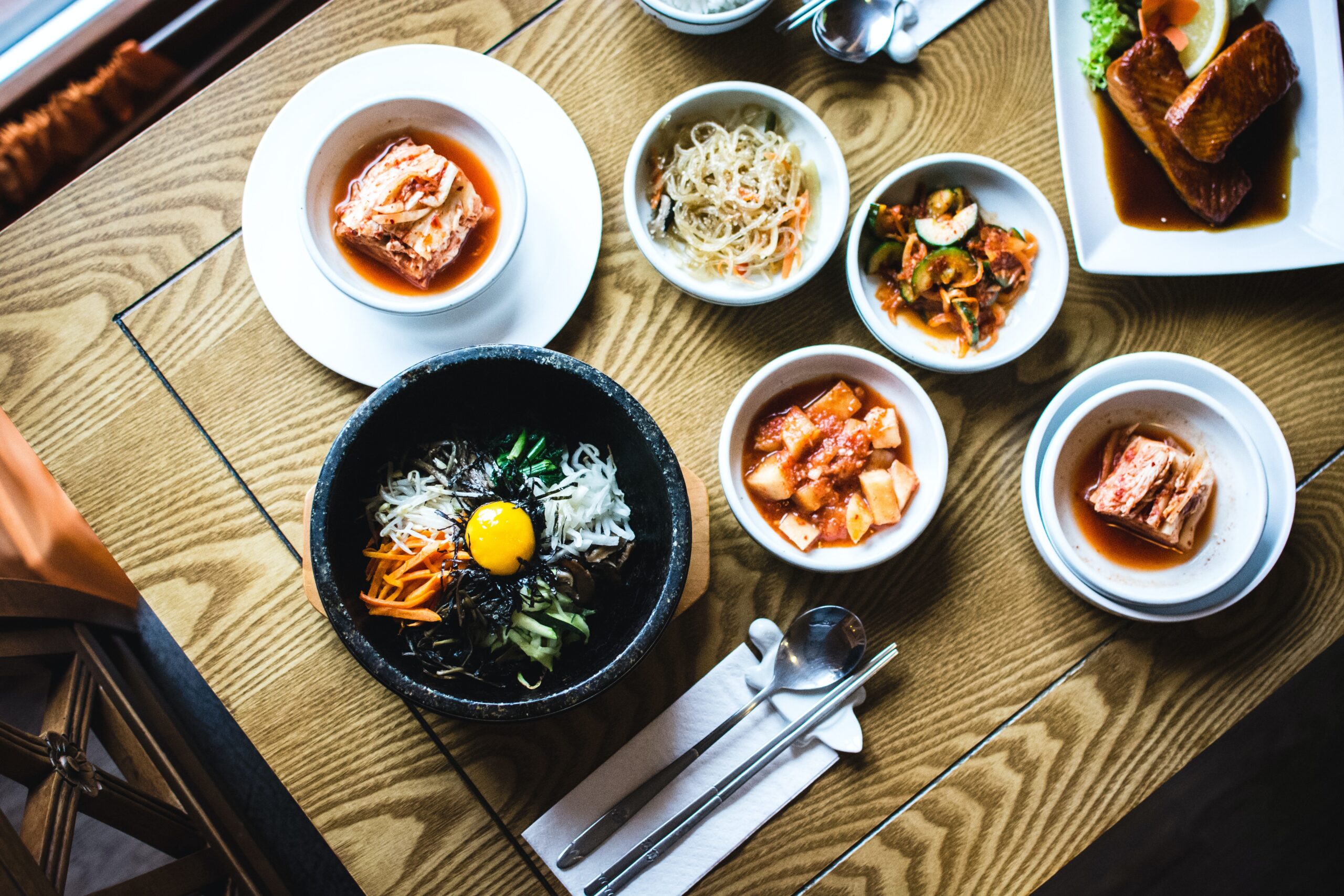– By Brigitte Zeller, advisory council member of Emerald and Founder of Start’In For Good
Countries with limited agricultural land—such as Singapore, my home for the last 3 years —are well aware that food security is not something to be taken for granted. With many countries—particularly in Asia—facing volatile food prices over the last several months, the realization is dawning that food tech innovation will be vital to creating thriving urban food ecosystems and putting sustainable food on people’s plates.
This was the main conclusion from the Agri-food Innovation Summit which just wrapped up in Singapore. The large presence of tech startups from Singapore, France, Israel, the US, Thailand, Indonesia and elsewhere is a testament to the energy, research chops, government support and top-notch facilities that this tiny country brings to the table. Less than 1% of the land in Singapore—which imports more than 90% of its food—is devoted to agriculture. It should come as no surprise, then, that it was the first country to approve cell-grown meat (better known as “cultivated meat”) and has defined a regulatory framework for novel ingredients. Many startups at the conference are looking to accelerate this urban food revolution. Among those that caught my eye include:
- Aējou (Singapore): the first plug-and-play smart micro-farm designed like a kitchen appliance to grow your own herbs at home, all monitored by an app
- Umami Meats and Shiok Meats (Singapore): cell-based cultivated—not caught—fish and seafood
- Terviva (US): oil, protein and flour from pongamia, a sustainably- grown tree
- Ubees (France): traditional beekeeping expertise and innovative technology to help to sustain the beekeeping industry and biodiversity
- Steakholder Foods (Israel Magic Valley (Australia) : cultivated meat products—in the case of Steakholder, with an impressive 3D printer demo
- Shandi Global (Singapore): meat from plant proteins and announcing the first whole cut plant based meat in the world
- INSEACT (Singapore): fertilizer and animal and fish feed from insects
- YumGrubs (Singapore): pet snacks from insects
- Triton (US): protein from algae prepared as local recipes
Of course, consumer uptake of these products—especially cultivated meat—is not guaranteed, and price will be critical. But the more players that enter the space, the higher the concentration will be, and the more mature the technology becomes, the lower the costs will be. The demos on display at the Summit reinforced my takeaway that it’s never been a better time to be forging a path for urban food security via innovation which stays consumer-centric and is designed for adoption beyond early adopters.
